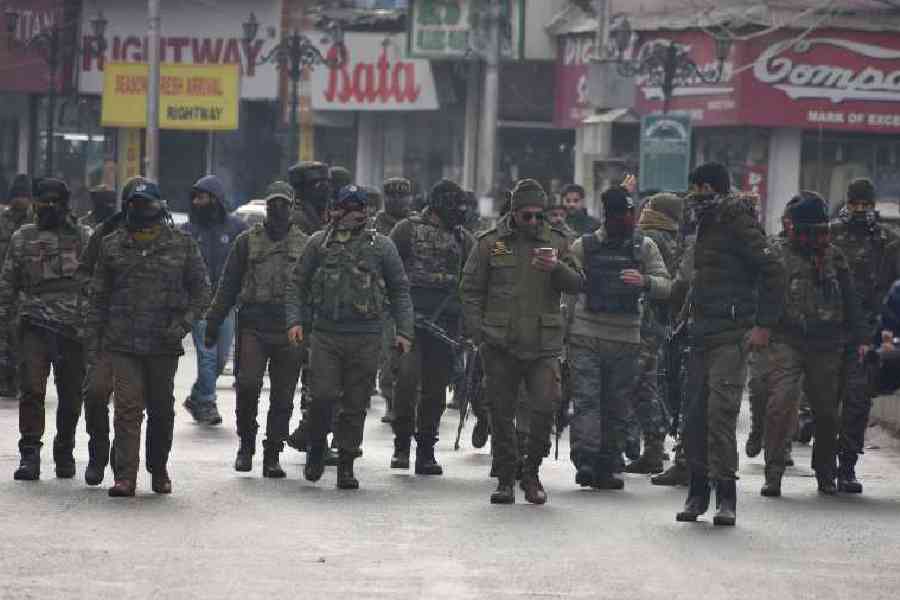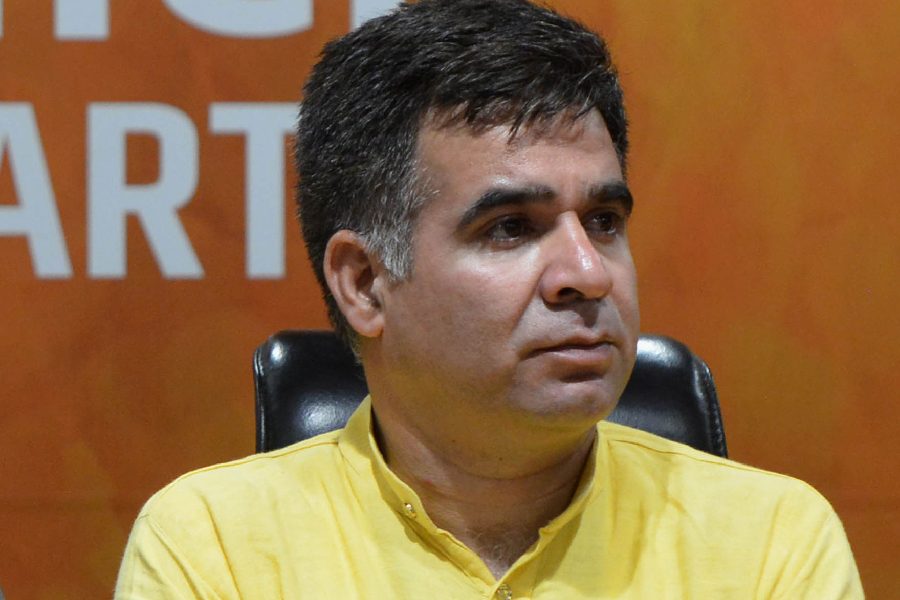Jammu and Kashmir on Monday completed five grim years under central rule, with Assembly elections appearing as elusive as ever, prompting Valley politicians to mock the Narendra Modi government’s claim that India was the “mother of democracy”.
“Democracy is in our veins, it is in our culture’; ‘India is the mother of democracy’; ‘India is the temple of democracy’. Great sounding words that the international community lap up & regurgitate ad-nauseam,” former chief minister Omar Abdullah tweeted.
“Meanwhile J&K completes 5 years under central rule today. Democracy ends where J&K begins.”
Central rule has been imposed eight times on Jammu and Kashmir in the past four decades alone.
The current spell — the second-longest —started on June 20, 2018, when the BJP withdrew support to the Mehbooba Mufti-led government, causing it to collapse.
For the first six months, the state was placed under governor’s rule, as required by the special status that Jammu and Kashmir enjoyed at the time under Article 370, before President’s rule was imposed.
The longest spell of central rule over Jammu and Kashmir clocked six years and nine months — from January 19, 1990, to October 1996 — during the peak of the militancy.
It ended when Farooq Abdullah returned to power in 1996. Farooq had agreed to contest elections that year after H.D. Deve Gowda’s government at the Centre promised greater autonomy to the state.
An autonomy resolution passed by a two-thirds majority in the Assembly in 2000 was rejected by the then BJP-led government at the Centre in 2001 without any discussion.
Jammu and Kashmir has witnessed momentous changes during the last five years, having been stripped of whatever autonomy it once enjoyed, carved up, and demoted to Union Territory status.
People’s Democratic Party spokesperson Mohit Bhan tweeted: “Entire nation & its leadership must hang their heads in shame for calling itself ‘Mother Of Democracy’. J&K languishes under central rule for a staggering 5 years, with the last election held 9 years ago. The blatant disregard for people’s rights & representation is appalling.”
Union minister Jitendra Singh, who is from Jammu, said that Valley politicians should question the Election Commission and not the Centre.
“The Election Commission is an autonomous institution. This government does not interfere in affairs of autonomous institutions,” he said. “So far as the BJP is concerned, we are all ready for elections.”
Omar Abdullah recently alleged that the Election Commission was under pressure not to hold elections in Jammu and Kashmir, and asked the poll panel to muster the courage to tell people that.
“The Election Commission of India should muster the courage to say that they are under pressure and can’t hold elections here,” he told reporters in Srinagar.
“On the one hand, you say there is a vacuum and on the other, you are not ready to fill the vacuum. Somewhere, there is something fishy.”
Chief election commissioner Rajiv Kumar had in March said there was a vacuum that needed to be filled in Jammu and Kashmir. He has not clarified why elections are not being held.











